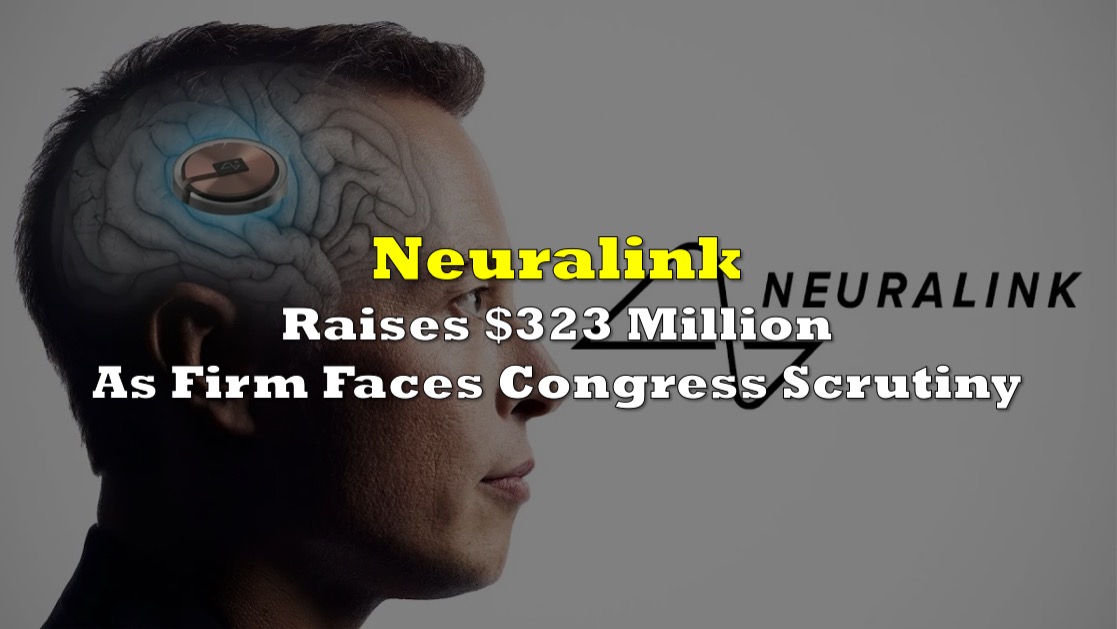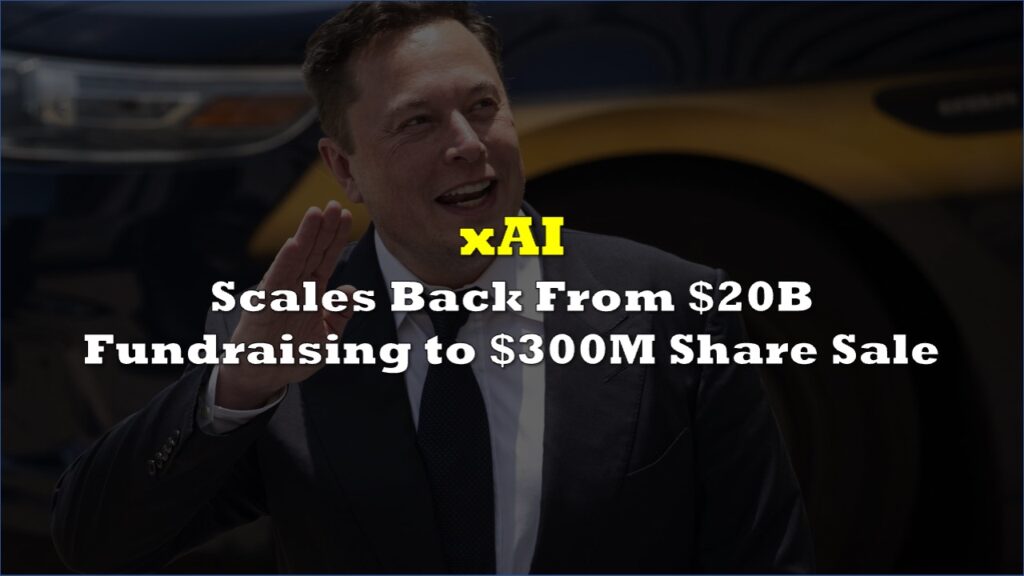Neuralink, a biotech company founded by Elon Musk, managed to raise $323.2 million in a fresh equity funding round based on an SEC filing, just as the company faces increasing scrutiny from the government regarding the trials conducted at the firm.
The filing is believed to be an amendment to an August funding infusion of $280 million from a consortium of investors, spearheaded by Peter Thiel’s renowned Founders Fund.
Although the precise valuation following this funding influx remains undisclosed, earlier reports by Reuters in June had pegged Neuralink’s value at approximately $5 billion, a valuation derived from discreet stock transactions.
READ: Elon Musk’s Neuralink Gets Fresh $280 Million Handout In A Peter Thiel-Backed Funding Round

The filed Form D indicated that the first sale under the offering occurred on August 4, with the filing being an amendment.
Nevertheless, Neuralink is facing increased scrutiny following disturbing reports about its treatment of monkeys. Allegations of brain injuries and prolonged deaths have sparked concerns among readers and prompted calls for an investigation by lawmakers.
The Securities and Exchange Commission (SEC) is now under pressure to examine Musk’s potential misleading of investors by not disclosing the adverse effects of Neuralink’s brain implants on primates. According to Wired, four members of the House of Representatives—Earl Blumenauer (D-OR), Jim McGovern (D-MA), Barbara Lee (D-CA), and Tony Cardenas (D-CA)—accuse Musk of making false statements in September regarding the deaths of twelve macaque monkeys during Neuralink trials conducted from 2018 to 2020.
This development comes at a critical time for Neuralink, as the company had just announced in September its search for volunteers for human trials. However, the emergence of behind-the-scenes revelations and potential regulatory pressure raises uncertainties about the seamless progression of human trials.
The representatives contend that Musk may have committed securities fraud by obscuring the legal aspects of the Neuralink trials from investors. They point to Musk’s September post on X platform, formerly known as Twitter, where he asserted that all deceased monkeys were “terminal” cases close to death, and none had died as a result of a Neuralink implant.
In response, the representatives conveyed their concerns to SEC head Gary Gensler, stating, “Mr. Musk knows this statement is false,” as reported by Wired. The Wired investigations conducted in September and October supported these claims, with a former Neuralink employee describing Musk’s assertion about the monkeys being terminal as “ridiculous” and a “straight-up fabrication.”
According to an anonymous scientist who worked at the primate center where Neuralink conducted trials, all the monkeys were young and likely healthy. The scientist remarked, “It’s hard to imagine these monkeys, who were not adults, were terminal for some reason.”
The representatives argue that if the information about Neuralink’s treatment of animals is accurate, it directly impacts “the safety and marketability of Neuralink’s brain-computer interface,” as quoted by Wired. Musk’s failure to disclose this information may potentially violate an SEC rule regarding public information about the company’s activities.
Information for this briefing was found via Futurism and sources mentioned. The author has no securities or affiliations related to this organization. Not a recommendation to buy or sell. Always do additional research and consult a professional before purchasing a security. The author holds no licenses.









